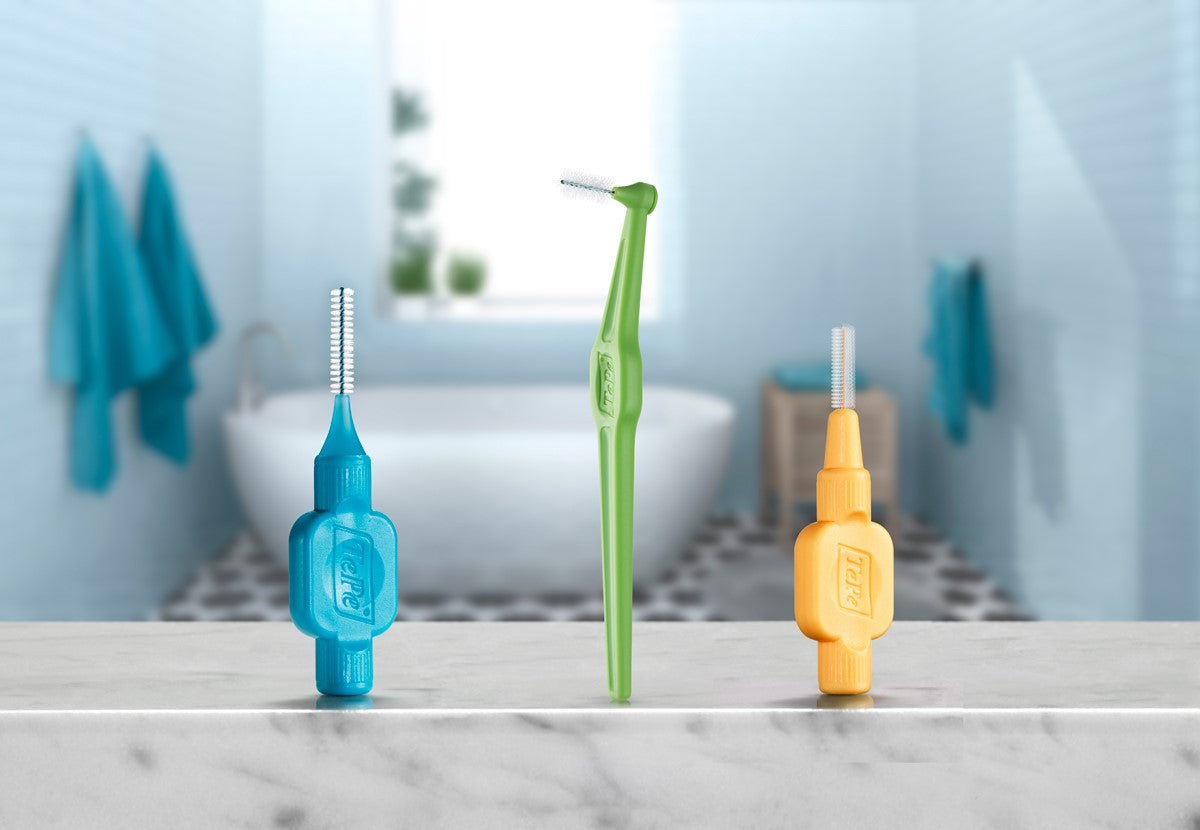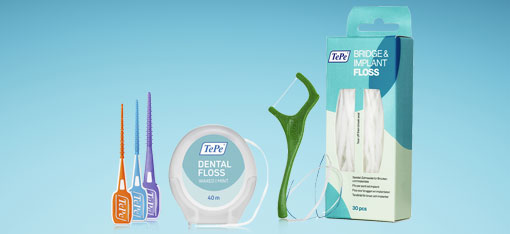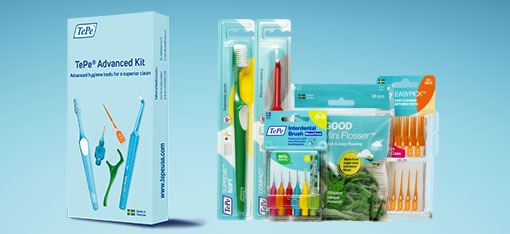Do cavities cause pain?
A common fallacy is that cavities always cause pain, but this is not always true.
Cavities or tooth decay forms when the bacteria in the mouth eat the available sugars and produce acid, which breaks down the outer layer, the enamel, of the tooth. The cavity can then progress to the inner layers until it reaches the nerve and blood supply of the tooth. Cavities often develop between the teeth and in the presence of deep grooves.
- Cavities can develop without causing you pain.
- Discomfort and pain from the cavity might only happen once it reaches the nerve, or inner layers of the tooth.
There are nerve endings throughout the layers of the tooth. You may experience different levels of pain depending on your pain threshold and what nerve endings are exposed from the cavity.
- Sensitivity: With some exposed nerve endings towards the outer layers of the tooth, you might feel sensitivity to temperature changes or pressure from chewing food.
- Throbbing: A throbbing or lingering pain might signify that the cavity has progressed past the outer layer (enamel) of the tooth. You might even feel this pain when there is no stimuli present.
- Sharp Pains: This may occur when pressure is applied by chewing or biting. This can occur if you bite near an inflamed area next to the cavity.
Early detection and intervention is important. Regular dental check-ups can help identify cavities in their early stages before they transform into something bigger.
Prevention with TePe Oral Hygiene Tools
Regular dental checkups in combination with your own homecare and nutrition are crucial in maintaining oral health. Start by using TePe products and interdental brushes to get one step closer to a healthy mouth!











Leave a comment